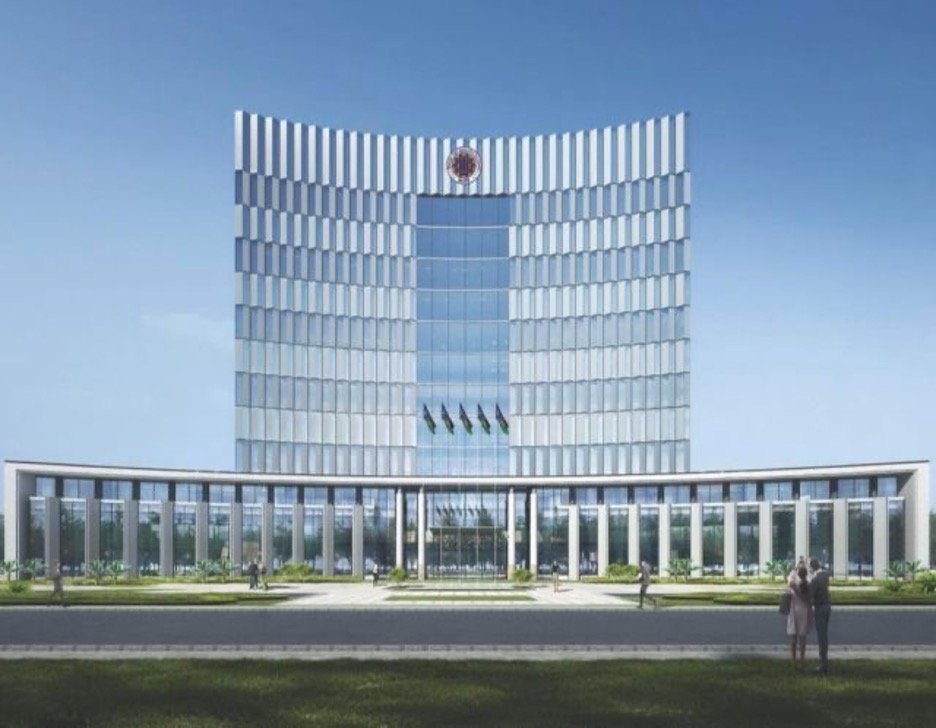By William Madouk
Economic experts at the Bank of South Sudan have expressed serious concerns about the ongoing geopolitical tensions in Sudan and the Gulf of Aden, as well as recent cuts to USAID funding. They warn that these developments are having a profound negative impact on development and emerging economies like South Sudan.
These concerns were raised during an extraordinary meeting of the Monetary Policy Committee (MPC) held at the Bank’s headquarters in Jondoru. The meeting was chaired by Dr. Addis Ababa Othow, the Governor and Chairperson of the MPC, and attended by all committee members.
“The meeting expressed deep concern about the continued geopolitical tensions, particularly the conflicts in the Gulf of Aden and Sudan,” the MPC said.
The committee also highlighted the recent decision by the U.S. Administration under President Trump to slash the USAID budget. They noted this will have severe consequences on developing and emerging economies, especially South Sudan, which relies heavily on USAID support for critical social sectors such as education and health.
In a press release, the Central Bank stated:
“The meeting reviewed recent macroeconomic developments and observed that the global economic environment is marked by downward trends, elevated risks, and policy uncertainty amid shrinking financial space.”
Reflecting these challenges, the International Monetary Fund (IMF), in its April 2025 economic outlook, downgraded its forecast for global economic growth from 3.3 percent in 2024 to 2.8 percent for 2025. The IMF also predicted that worldwide inflation is likely to deviate from typical trends.
Despite these challenges, the committee commended ongoing government efforts to invest in the agriculture and mining sectors as part of a broader strategy to diversify the economy.
“Economic diversification is the only viable path to mitigate and minimize the negative impacts of external shocks,” the MPC statement emphasized.
The committee acknowledged persistent challenges in the financial and banking sectors but noted modest improvements in key macroeconomic indicators. For example, inflation declined significantly from an average of about 60 percent in December 2024 to approximately 19.8 percent in the first quarter of 2025, largely due to the tight monetary policy stance adopted by the Central Bank.
However, the committee reiterated that South Sudan’s economy remains highly dependent on a single export commodity crude oil making it vulnerable to fluctuations in international oil prices.
“Given the steep drop in global oil prices, expectations for robust economic growth are under threat,” the MPC cautioned.
To restore confidence in the financial and banking sectors, the MPC praised the Bank’s management for implementing appropriate measures. To this end, the committee amended key policy instruments, unanimously resolving to reduce the Central Bank Rate (CBR) by 200 basis points — from 15% to 13% — to stimulate credit to the private sector and support sustained economic growth.
Additionally, the MPC revised the Reserve Requirement Ratios (RRR). It maintained the RRR for South Sudan Pounds (SSP) at 20 percent of total deposits, but raised the RRR for foreign currency deposits (such as US dollars, Euros, or British pounds) from 20 percent to 25 percent with immediate effect.
The statement concluded:
“The Bank of South Sudan remains committed to supporting the economy during these challenging times, and we are confident that the banking sector will successfully navigate the current fears and uncertainties.”



